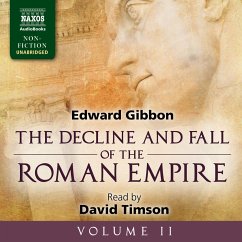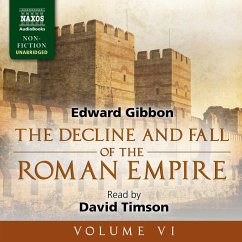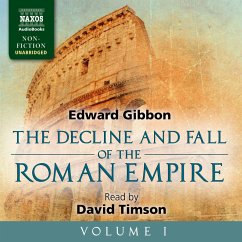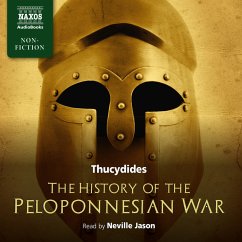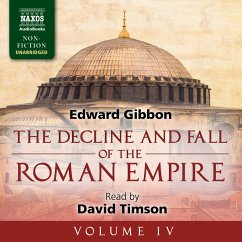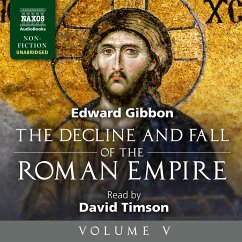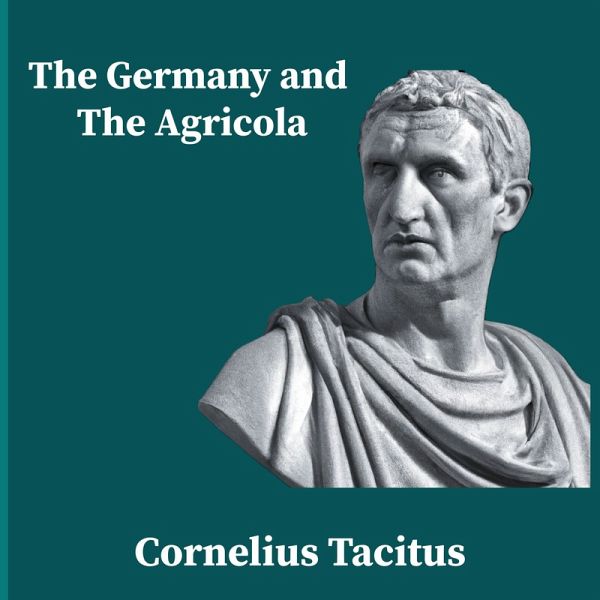
The Germany and the Agricola (MP3-Download)
Ungekürzte Lesung. 136 Min.
Sprecher: Johnson, Liam

PAYBACK Punkte
2 °P sammeln!
The Germany and the Agricola are two works written by the Roman historian Tacitus in the 1st century AD. The Germany is a ethnographic work that describes the people, customs, and geography of the Germanic tribes that lived beyond the Rhine River in what is now modern-day Germany. In the work, Tacitus presents the Germanic people as a noble and virtuous people, contrasting them with the corrupt and decadent Roman society of his time. The Germany is an important source for modern historians studying ancient Germanic culture and society. The Agricola is a biographical work that chronicles the li...
The Germany and the Agricola are two works written by the Roman historian Tacitus in the 1st century AD. The Germany is a ethnographic work that describes the people, customs, and geography of the Germanic tribes that lived beyond the Rhine River in what is now modern-day Germany. In the work, Tacitus presents the Germanic people as a noble and virtuous people, contrasting them with the corrupt and decadent Roman society of his time. The Germany is an important source for modern historians studying ancient Germanic culture and society. The Agricola is a biographical work that chronicles the life of Tacitus' father-in-law, Gnaeus Julius Agricola, who was a Roman general and governor of Britain. The work focuses on Agricola's military campaigns in Britain, as well as his efforts to bring Roman civilization and culture to the native population. Like The Germany, The Agricola is also an important source for modern historians studying ancient Roman Britain. Both works are notable for their literary style, which is characterized by Tacitus' use of vivid and concise language to convey his ideas and observations. Tacitus is also known for his skepticism and criticism of imperial Rome, and both The Germany and The Agricola reflect his views on the moral and political decline of the Roman Empire.
Dieser Download kann aus rechtlichen Gründen nur mit Rechnungsadresse in A, D ausgeliefert werden.








